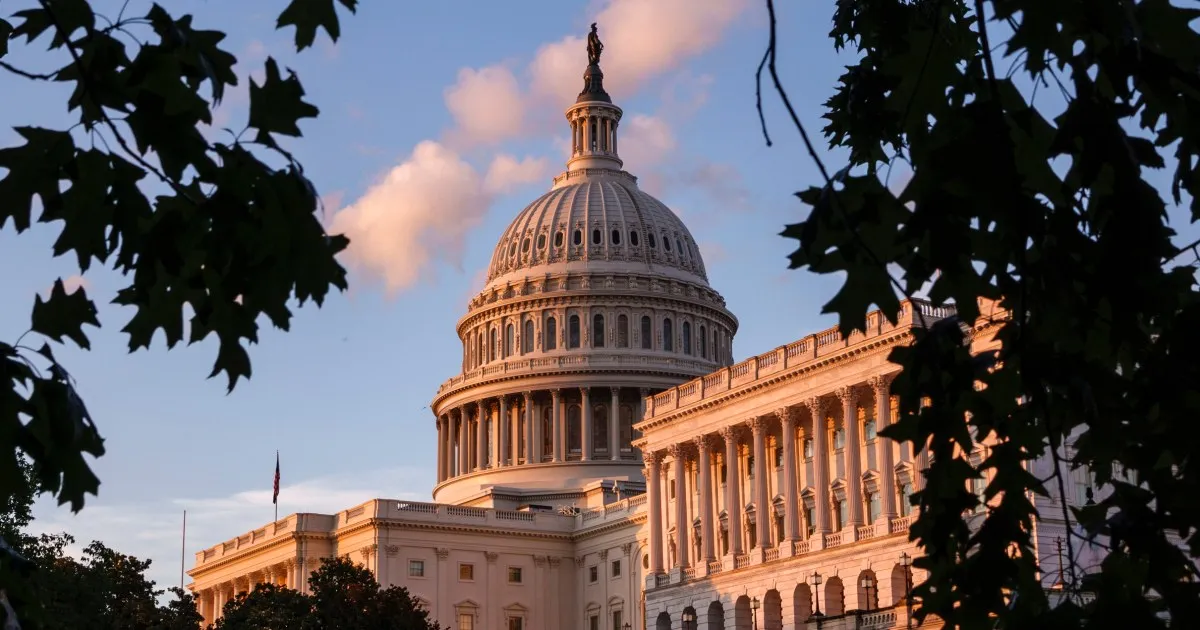
WASHINGTON — The White House has announced plans to limit intelligence sharing with members of Congress following the recent leak of an early assessment regarding U.S. military strikes on Iran’s nuclear facilities. A senior White House official confirmed this news to NBC News, highlighting a significant change in how classified information will be disseminated to lawmakers.
The administration's decision specifically focuses on reducing the amount of information posted on CAPNET, the platform used for sharing classified material with Congress. This move is likely to be controversial, particularly among Democratic lawmakers, as it comes at a time when top Cabinet officials are scheduled to provide a classified briefing to Senate members about the strikes on Thursday afternoon.
Senate Minority Leader Chuck Schumer, D-N.Y., expressed his concerns, stating, “The administration should immediately undo this decision.” He criticized the White House for seemingly wanting to suppress the facts, suggesting that they prefer a narrative akin to Donald Trump’s version of events, which he described as often misleading. Axios was the first to report the White House's intent to restrict information flow to Congress.
House Speaker Mike Johnson, R-La., voiced outrage in response to the leak of the Defense Intelligence Agency's early assessment, which indicated that Iran's nuclear program had only been rolled back by approximately three to six months due to the strikes. Johnson referred to the leak as “dangerous and ridiculous” and emphasized the need to investigate its origins. When asked whether he suspected that the leak might have originated from Congress, he replied, “That’s my suspicion.”
Despite ongoing investigations, it remains unclear whether the leak did indeed come from a member of Congress. Lawmakers were granted access to the initial assessment from the Defense Intelligence Agency in a secure area of the Capitol, known as a SCIF (Sensitive Compartmented Information Facility). This information was transmitted through established official channels to congressional leadership.
The Senate is set to receive a classified briefing originally scheduled for Tuesday but postponed to Thursday afternoon. Democrats have criticized the administration for this delay, suggesting it is an attempt to withhold crucial information about the military strikes from Congress.
The briefing will feature four senior administration officials, including Secretary of State Marco Rubio, CIA Director John Ratcliffe, Defense Secretary Pete Hegseth, and General Dan Caine, the chairman of the Joint Chiefs of Staff. Notably, the Director of National Intelligence, Tulsi Gabbard, will not be attending the briefing. A senior administration official clarified that “CIA Director Ratcliffe will represent the intelligence community” while Gabbard focuses on her responsibilities at DNI.
Since the strikes, officials from the Trump administration have been actively defending the military's targeting of key nuclear facilities in Iran, asserting that these operations led to the complete destruction of several critical sites. In a briefing with reporters at the Pentagon, Secretary Hegseth criticized media outlets for disseminating information about the classified assessment, while General Caine elaborated on the operation’s details and its anticipated impact on Iran.
Hegseth emphasized that the assessment was preliminary, yet he referenced a statement from Ratcliffe, which indicated that the strikes had significantly damaged Iran's nuclear program and resulted in the destruction of multiple key facilities.